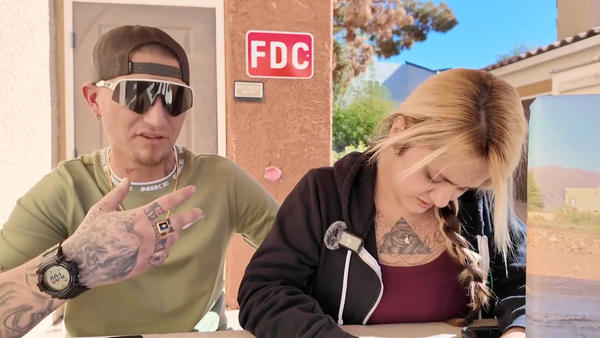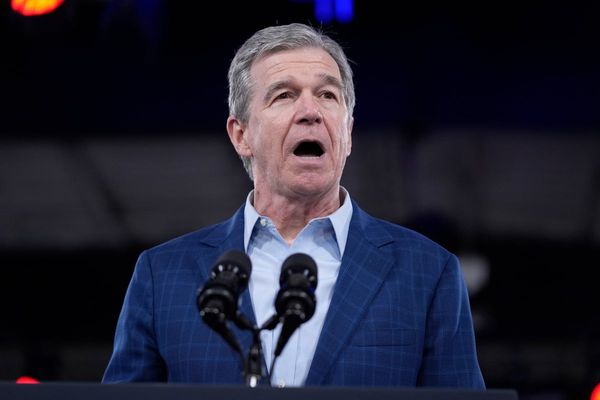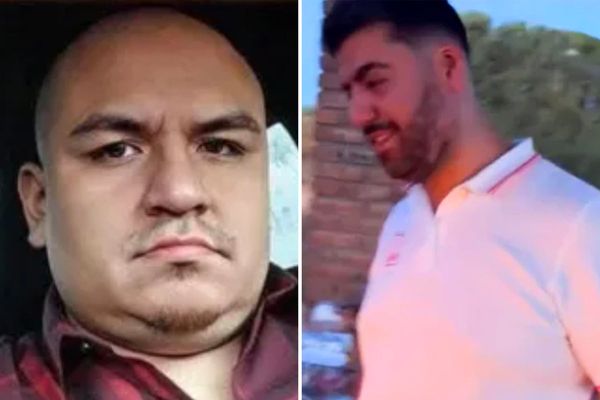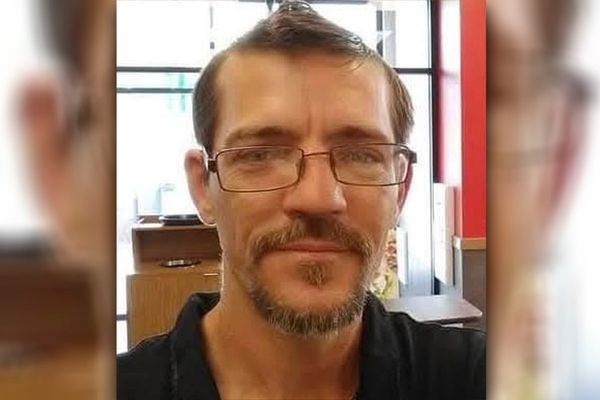
Industrial Relations Minister Tony Burke has sharpened the government’s language around the siege of Gaza and called for an end to what he termed “competitive grief” over the Israel-Gaza conflict, saying the civilian population of Gaza was “moments away from horrific impacts” as water, fuel and food run out and Hamas terrorists prioritise themselves.
In a lengthy interview this morning on the ABC, Burke used information he said his own constituents in his western Sydney seat of Watson had received from on the ground in Gaza to describe conditions resulting from Israel’s siege, with dramatic consequences for water supply and hospitals. Burke twice mentioned the Israeli defence minister’s description of Gazans as “human animals” in the wake of the October 7 Hamas atrocities in Israel that saw more than 1,400 Israelis murdered.
“We need to be able to distinguish in the debate in Australia between Hamas and Palestinians,” Burke said. “There have been too many occasions when the two have been conflated, and the military conflict is meant to be against Hamas.”
He also strongly endorsed the Canterbury-Bankstown Council’s decision to fly the Palestinian flag and said that in his electorate “pretty much everybody knows somebody who has lost someone. And until the council made that decision, there was nowhere in Australia where those colours were being acknowledged as worthy of grieving … It’s a flag that gives people the chance to know that there is recognition and not selective grief. We can’t say we only grieve for certain people who are slaughtered.”
Burke’s comments both shift the government’s tone around the impact on Palestinian civilians of Israel’s response to Hamas’ atrocities and point to a glaring failure in media coverage, which has tended to play down the death toll of Palestinian civilians. Gazan sources put the death toll at nearly 7,000, but those estimates have been dismissed as inflated and propaganda. There have also been more than 100 Palestinian deaths in the West Bank, according to Palestinian sources there.
“The concept of competitive grief that has driven some in the media is not something I want to see in Australia,” Burke said.
The presence of large numbers of voters of Middle Eastern heritage in western Sydney electorates has been portrayed in some parts of the media as a political problem for Labor, preventing Labor figures like Burke and Energy Minister Chris Bowen from offering the level of support to Israel deemed necessary by journalists. In discussing what he’s hearing from his own constituents, however, Burke has turned that purported problem around and shifted the focus to why the media has been so selective in its coverage and levels of outrage.
Long before October 7, Palestinians were erased and othered by the Australian media, existing only as a security threat to Israel without basic rights of their own. The lack of interest in the media in the death toll in Gaza and the consequences of Israel’s curtailment of fuel, food and water continues this tradition, with the focus instead on when Israel will launch its invasion and weapon-porn articles extolling the wonders of Israeli military technology.
Burke’s remarks will inevitably be used by the opposition and the media to argue Labor is soft in its support for Israel and thus soft on terrorism. For large numbers of voters with relatives in the region, the stakes are much higher than media games.







